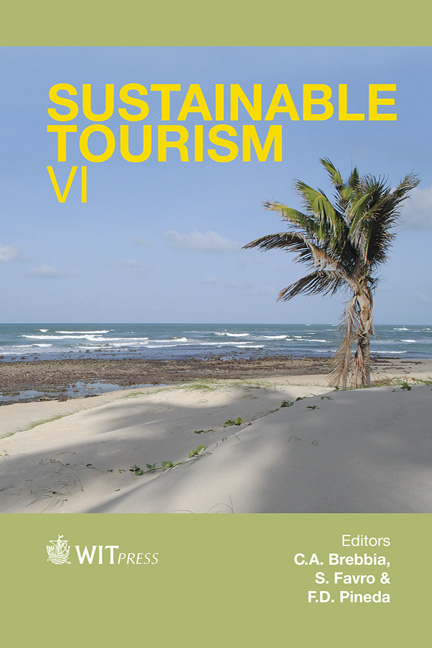Developing A More Effective Regional Planning Framework In Egypt: The Case Of Ecotourism
Price
Free (open access)
Transaction
Volume
187
Pages
15
Published
2014
Size
470 kb
Paper DOI
10.2495/ST140071
Copyright
WIT Press
Author(s)
E. H. Kenawy & D. Shaw
Abstract
In Egypt, rational regional development plans are drawn up, but nobody puts them into practice. They end up gathering dust on the shelves. The main flaws in the current plan-making process are centred on the government’s centrality and monopoly in decision-making; fragmentation between government agencies leading to multiple and often conflicting spatial plans for the same location; and an absence of negotiations between various stakeholders. These problems can be clearly demonstrated with reference to ecotourism planning. Such plans are being developed in highly sensitive regions, both environmentally and culturally, and there is a wide spectrum of stakeholders who are affected and influenced by any ecotourism development. Ecotourism development planning is a complex issue to the extent that it is beyond the capacity of any one stakeholder acting alone to resolve. The collaborative approach is an appropriate one, building consensus between the stakeholders, and developing solutions that are acceptable to all. By focusing on two case studies, the Fayoum and New Valley regions, and critiquing existing experiences of ecotourism regional planning, a collaborative ecotourism planning framework will be developed.
Keywords
planning process, collaborative approach, ecotourism, stakeholders, Egypt.





